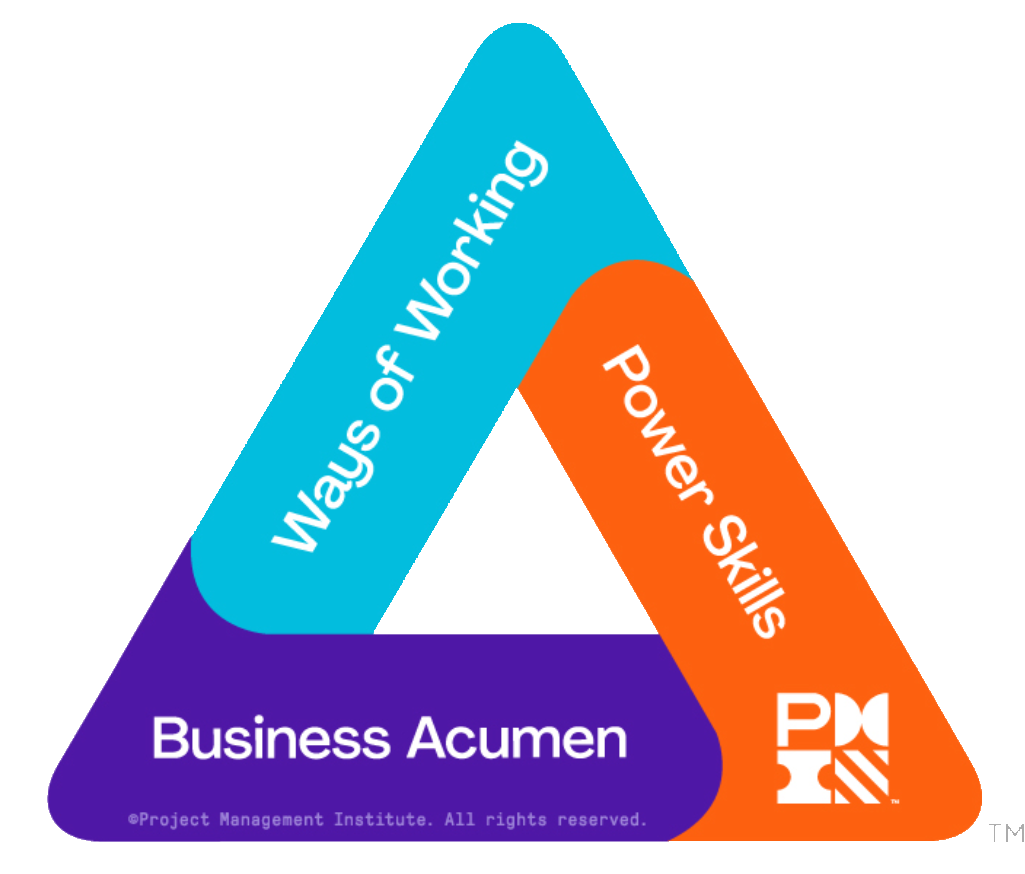
Workplace politics is a fact of life with some people believing that the ability to act and think politically feels more like a necessary evil. They typically believe that not “playing the game” will hurt their progression and career opportunities. Others describe politics in their organization anywhere from bullying, favoritism right up to back stabbing all in the name of self-interest. Because there is no clear, understood way of doing things people tend to make their own interpretation of what is right and wrong. This is often the main reason politics is associated with zero-sum game mentality where people work the system to their own advantage and to the disadvantage of others.
This workshop tackles the topic of politics not as good or bad, but rather more like the air we breathe in the organization. How you view and respond to politics in your organization can have a significant bearing on how well you do your job and how you feel about your organization and coworkers. Once people consider, understand and accept politics as neutral and a natural part of everyday occurrences in the workplace, they can build their capability to work successfully in this environment. This capability is commonly referred to as political savvy.
The goal of this workshop is to demystify the topic of office politics by providing participants with a proven motive and method framework for making sense of today’s volatile, uncertain, complex and unquestionably ambiguous environment. Participants will receive a refresher in what good looks like for constructive conflict resolution and conducting effective crucial conversations. Practical experience will be included with tools and techniques for responding constructively to challenges with bosses, colleagues and the organization in general. Participants will be expected to identify critical stop, start and continue behaviors necessary for sustained growth in this critical soft skill.
Participants will gain the ability to be able to:
This course has no prerequisite.
You will receive a course binder containing a copy of the presentation slides.
Introduction and Context
The Role of Soft Skills
Accepting that Human Design is Complex
Making Peace with Politics
Understanding Current Political Orientation
Understanding Influence Approach
Understanding Organizational Orientation
Deciding What Needs to Change and How
Summary and Close
Appendix
|
Course ID: PX-4108
Course Level: Intermediate
Duration: 1 Day
Sessions not found.
 The following table provides the breakdown of the professional development units (PDUs) for this course aligned with the PMI Talent TriangleTM.
The following table provides the breakdown of the professional development units (PDUs) for this course aligned with the PMI Talent TriangleTM.
| WoW | PS | BA | |
| PMP | 0 | 7 | 0 |
| PgMP | 0 | 7 | 0 |
| PfMP | 0 | 7 | 0 |
| PMI-ACP | 0 | 7 | 0 |
| PMI-SP | 0 | 7 | 0 |
| PMI-RMP | 0 | 7 | 0 |
| PMI-PBA | 0 | 7 | 0 |
The three columns in the above table are Ways of Working, Power Skills & Business Acumen.
Other professional (re)certification credits are available, including: